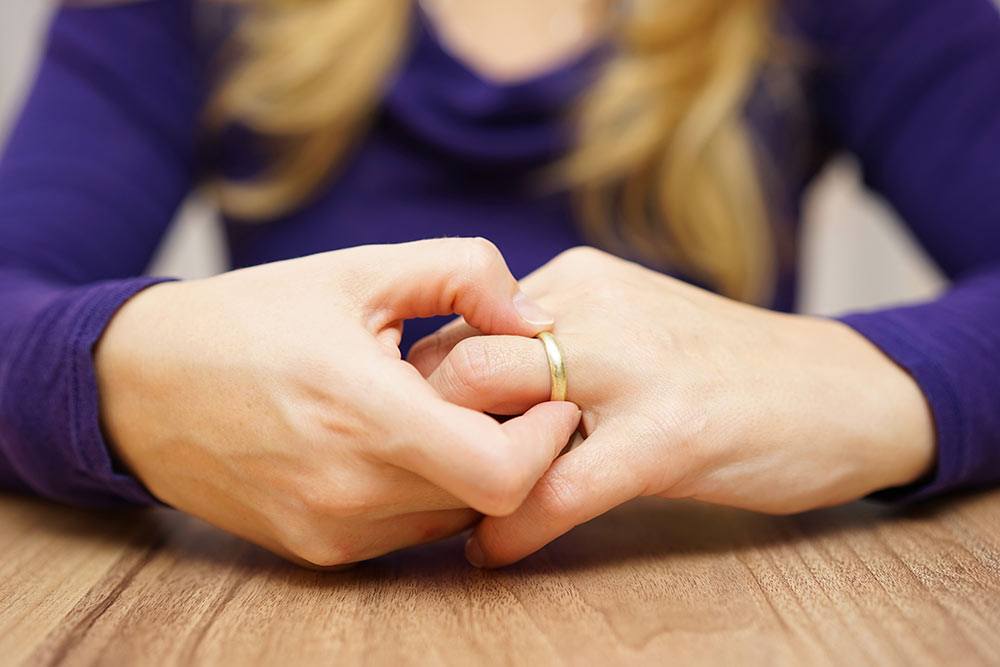16 February 2026
Check your prenuptial agreement
Before or during marriage, spouses often enter into a prenuptial agreement. In this article, we focus specifically on prenuptial agreements that were concluded many years ago.
Read more

2 January 2017
A while ago, the media reported that the Italian ex-wife of Ruud Gullit had seized several Dutch properties of the former professional footballer.
She claims to have received too little maintenance from him. She seized the assets on the basis of a ruling by an Italian judge. It this possible?
Ruud Gullit had been married to an Italian woman with whom he has two children. He is obliged to pay her maintenance. This was confirmed by a court in Milan. His ex-wife alleged that Gullit had not fully complied with his obligations and that therefore she has a claim on him for arrear maintenance payments. In order to collect her claim, she seized assets.
The question is whether rulings by foreign courts are indiscriminately accepted in the Netherlands. Although this is not the case, within the European Union (EU) there is a regulation in force which deals with the recognition of maintenance rulings from courts in the EU (Regulation EC no. 4/2009). In this blog I explain the recognition of maintenance rulings from courts in EU member states (except the United Kingdom and Denmark where a different arrangement applies). Italy is a member of the EU and is subject to the regulation. This regulation determines that if the ruling was arrived at without the so-called ‘principles of due process of law’ having been violated and a ‘fair trial’ had therefore taken place, the ruling is automatically recognised in the other member states. Indeed, practice shows that rulings by courts in the EU are rarely not recognised. In the Ruud Gullit case, the ruling of the court in Milan is therefore recognised in the Netherlands.
Enforcement, or execution, is however different from recognition. Execution of a maintenance ruling means that the income and the assets of the maintenance payer may be seized as a means to collect the maintenance if no voluntary payment is forthcoming. On the basis of the regulation, the rulings by courts within the EU (apart from the United Kingdom and Denmark) will be automatically executed. In reality there is no difference with the execution of a Dutch ruling, except that it involves more paperwork. The idea behind this automatic execution within the EU is the great trust in each other’s judicial system. The Dutch Court is therefore no longer involved. In the Ruud Gullit case, his ex-wife can therefore seize his properties on the basis of the ruling of the court in Milan.
The difference between rulings from courts within the EU and the Dutch court has faded away. Where sometimes you can still get away with not paying a foreign fine, this will not be the case when you do not pay the maintenance as set by an EU court.